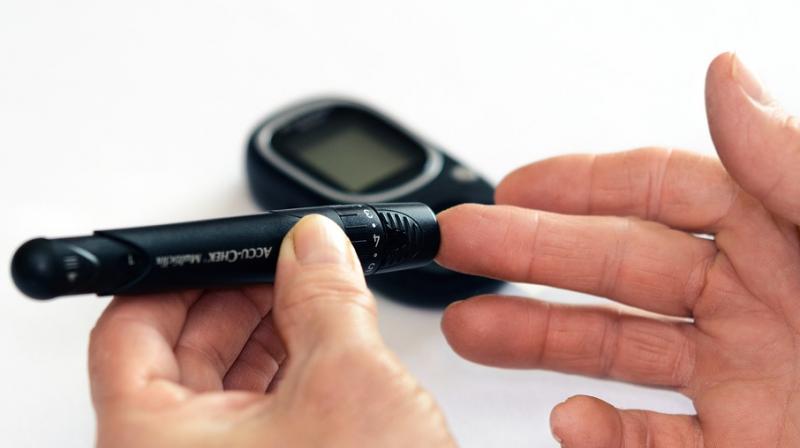World Diabetes Day: Nearly 70 per cent of Indian diabetics have uncontrolled diabetes
India has become one of the epicenters of the pandemic, with 74 million people suffering from diabetes today.

It is perhaps no longer correct to refer to diabetes as an epidemic'. Over just a few decades, the disease has become a global pandemic', affecting hundreds and thousands of people across countries and continents. India has become one of the epicenters of this pandemic, with 74 million people suffering from diabetes today. While these numbers are a huge concern, an even bigger one is that nearly 70% of people with diabetes in India live with uncontrolled diabetes, significantly increasing the risk of tertiary complications.
Less control, more complications: By control we mean keeping blood sugar levels at optimum levels on a daily basis. Research shows that as many as 67% of diabetes patients in India do poorly on their HbA1c test, not reaching the recommended target of <7%. This puts them at a higher risk of developing diabetes-associated complications compared to people whose HbA1c test consistently shows sugar levels < 7%.
How do these complications arise? Over time, high blood sugar levels damage small blood vessels (microvascular) and/or large blood vessels (macrovascular) in the body. Microvascular complications affect the eyes (retinopathy) and increase the risk of blindness; the kidneys (nephropathy) and increase the risk of renal failure; and nerves (neuropathy) which can lead to impotence and diabetic foot disorder. Macrovascular complications include cardiovascular conditions such as heart attacks, stroke and insufficient blood supply to the body's extremities. If not detected early, these complications can become life-threatening and result in premature death.
The pillars of blood sugar control: The main pillars to achieve blood sugar control are weight reduction through regular exercise and dietary changes, maintaining recommended HbA1c levels and ensuring blood pressure control. For patients who cannot achieve control through lifestyle (diet + exercise) changes, various classes of medicines are prescribed that work in different ways to regulate blood sugar levels. However, most patients require more than one medicine to maintain optimal blood sugar levels. The problem here is that multiple antidiabetic drugs tend to overwhelm patients, leading to poor adherence to the prescribed dosage. This is where a strong patient support system becomes critical.
The role of friends and family: The International Diabetes Federation recently stated that families have a key role to play in addressing the modifiable risk factors for diabetes and must be provided with the education, resources and environments to live a healthy lifestyle'. Family and friends can encourage the patient to exercise and eat
healthier, to take medicines as prescribed, and to go for regular medical checks that screen for complications.
Diabetes-associated complications impact a person's day-to-day functioning and affect overall quality of life. Good blood sugar control is key to delaying the onset and progression of these complications and so we must do everything we can to encourage patients and their caregivers to reach and then maintain their diabetes control targets.
The article has been authored by Dr. Sujeet Jha, Director, Institute of Endocrinology, Diabetes & Metabolism, Max Healthcare, New Delhi.

